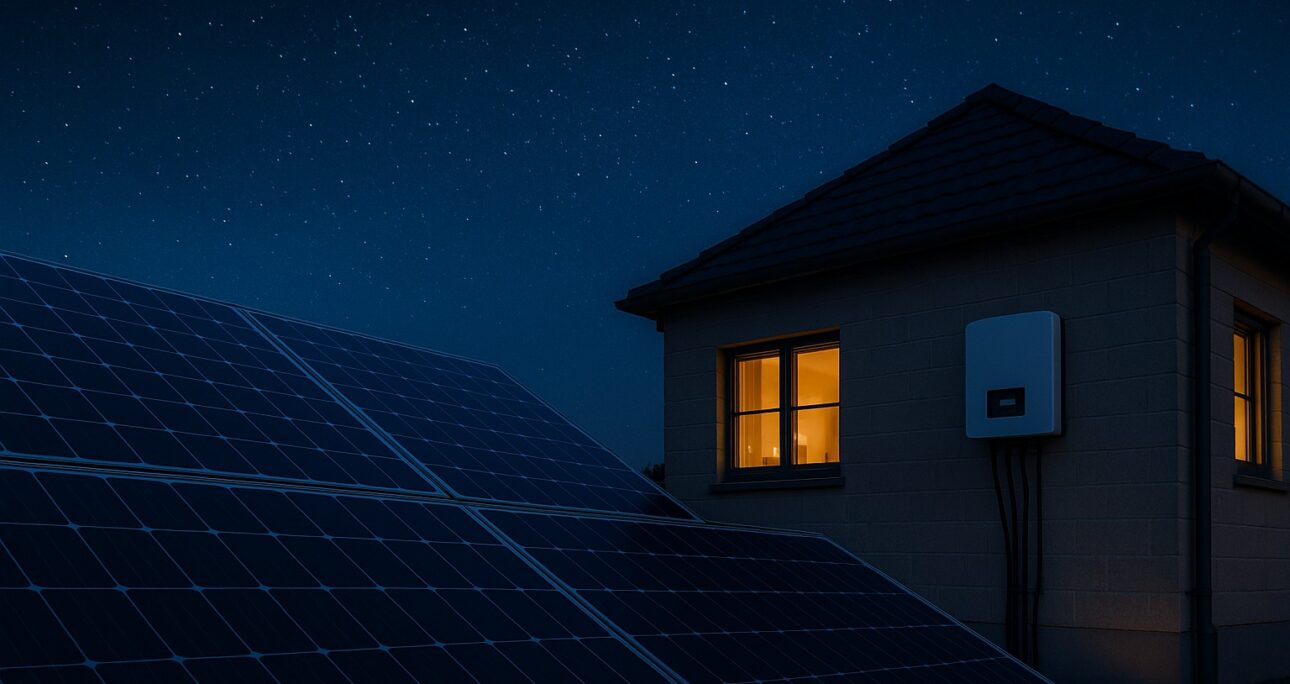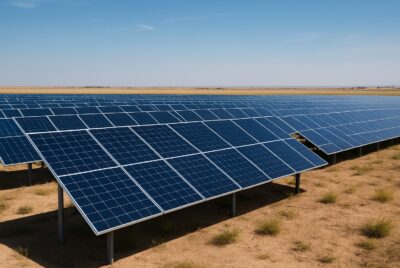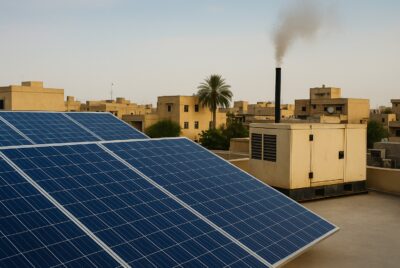A Homeowner’s Guide to Choosing the Right Inverter for Solar Systems in Iraq
Introduction
If you’ve started exploring solar power for your home or business, you’ve probably heard about inverters — the hidden powerhouse of every solar energy system. While solar panels generate electricity, it’s the inverter that actually makes it usable.
In Iraq, where grid stability is a challenge and energy usage patterns vary widely, choosing the right type of inverter can mean the difference between a reliable energy system and daily frustration. This article breaks down everything you need to know about inverters so you can make the smartest investment possible.
What Is a Solar Inverter?
A solar inverter converts direct current (DC) — which is generated by your solar panels — into alternating current (AC), which is what your home appliances and the national grid use.
But modern inverters do much more than just convert electricity. They:
-
Monitor the performance of your solar system
-
Balance energy between your solar array, the grid, and your batteries
-
Optimize the efficiency of energy production
-
Provide safety functions like shutdown during electrical faults
So while your solar panels get all the glory, your inverter is doing the heavy lifting behind the scenes.
The 3 Main Types of Inverters
1. String Inverters (Central Inverters)
This is the most commonly used type in residential systems. All solar panels are connected in a series (a “string”), and one central inverter manages the output of the entire array.
Pros:
-
Lower cost
-
Simple design
-
Easy to install and maintain
Cons:
-
Performance is limited by the weakest panel (if one panel is shaded or dirty, all are affected)
-
Not ideal for rooftops with multiple angles or partial shading
Best for:
Homes with a wide-open rooftop and consistent sunlight exposure
2. Microinverters
Instead of using one central inverter, microinverters are installed on each individual solar panel. Each panel operates independently, and you get more detailed data and better performance in complex setups.
Pros:
-
Maximizes energy output
-
Allows for panel-by-panel monitoring
-
Great for rooftops with shading or different tilt angles
Cons:
-
More expensive upfront
-
Slightly more complex installation
-
Can be harder to service each unit individually
Best for:
Homes with multiple roof angles, partial shading, or homeowners who want performance monitoring per panel
3. Hybrid Inverters (with Battery Support)
These advanced inverters can manage solar input, grid input, and battery storage in one integrated device. They are ideal for off-grid or grid-tied systems with battery backup — a big plus in Iraq where grid cuts are frequent.
Pros:
-
Manages power from multiple sources
-
Works with or without batteries
-
Can provide backup power during outages
Cons:
-
Higher cost
-
Requires proper battery sizing and planning
-
Needs expert installation
Best for:
Homes or businesses wanting energy independence and protection during blackouts
Important Features to Look For
When shopping for an inverter in Iraq, look for these critical specifications:
-
Power Capacity (Watts): Make sure the inverter matches the total output of your panels
-
Voltage Range: Ensure compatibility with your battery system or grid voltage
-
Efficiency Rating: Aim for 95% or higher
-
MPPT (Maximum Power Point Tracking): This technology adjusts inverter settings to maximize panel performance
-
Cooling System: Iraq’s climate is hot — ensure your inverter can handle it with passive or active cooling
-
Monitoring System: Choose an inverter with mobile or web monitoring for performance tracking
-
Warranty: A good inverter should come with a 5–10 year warranty
Should You Buy a Battery-Ready Inverter?
Even if you’re not planning to install batteries today, buying a battery-ready hybrid inverter gives you flexibility for the future. Energy storage is growing in popularity across Iraq, especially in homes with frequent blackouts.
By preparing now, you avoid having to replace your inverter later — saving time and money.
Installation & After-Sales Service Matter
No matter how good your inverter is, it needs to be installed correctly and maintained. Always work with a certified installer like Soliraq to ensure:
-
Safe electrical integration
-
System programming for Iraqi grid conditions
-
Warranty validation
-
Local service availability if issues arise
At Soliraq, our team provides end-to-end support, from inverter selection to installation and performance monitoring — so you’re never left in the dark.
Final Thoughts
Your solar inverter is more than just a box — it’s the brain of your system. Choosing the right one ensures stable performance, long-term savings, and peace of mind in Iraq’s unpredictable energy environment.
Whether you’re powering a small home or a full commercial facility, Soliraq can help you choose the best inverter setup based on your location, usage, and budget.
👉 Get in touch with us today for a free consultation and system design.




